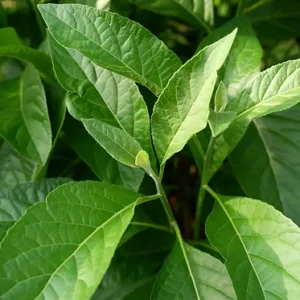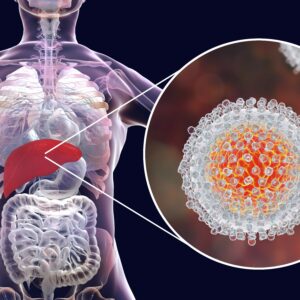Introduction: Water is the essence of life, yet its scarcity is becoming an increasingly pressing issue on a global scale. From parched regions experiencing severe droughts to communities grappling with contaminated water sources, the crisis of water scarcity and quality affects millions worldwide. Understanding the root causes, recognizing the far-reaching effects, and implementing sustainable solutions are imperative steps in addressing this critical issue.
Causes of the Water Crisis
- Climate Change: Rising temperatures lead to altered precipitation patterns, exacerbating droughts in some regions and causing intense flooding in others.
- Population Growth: The increasing global population strains water resources, as more people require access to clean water for drinking, sanitation, and agriculture.
- Pollution: Industrial runoff, agricultural chemicals, and untreated sewage contaminate water sources, rendering them unfit for human consumption and ecosystem health.
- Inefficient Water Management: Poor infrastructure, leaky pipes, and unsustainable agricultural practices contribute to wastage and inefficient distribution of water resources.
- Urbanization: Rapid urbanization exacerbates water stress as cities demand increasing water supplies for drinking, sanitation, and industrial purposes, often at the expense of rural communities and ecosystems.
- Economic Inequities: Economic disparities can result in unequal access to water, with marginalized communities bearing the brunt of water scarcity and pollution due to inadequate infrastructure and lack of financial resources.
- Over-Extraction of Groundwater: Unsustainable groundwater pumping for agriculture, industry, and urban development leads to depleted aquifers, land subsidence, and saltwater intrusion, threatening the long-term availability of this vital resource.
- Deforestation: Deforestation disrupts the water cycle, leading to reduced rainfall, soil erosion, and decreased water infiltration, exacerbating water scarcity and increasing the risk of floods and landslides.
Effects of the Water Crisis
- Human Health Impacts: Waterborne diseases thrive in contaminated water sources, leading to illness, disability, and even death, particularly in vulnerable communities lacking access to clean water and sanitation.
- Agricultural Disruption: Water scarcity disrupts agricultural production, leading to crop failures, reduced food security, and economic hardship for farmers and communities reliant on agriculture.
- Ecosystem Degradation: Diminished water availability and pollution harm aquatic ecosystems, endangering biodiversity, disrupting food chains, and compromising ecosystem services essential for human well-being.
- Social and Political Instability: Competition for dwindling water resources can exacerbate social tensions, trigger conflicts, and destabilize regions, leading to mass migration and humanitarian crises.
- Economic Costs: The water crisis imposes substantial economic costs through decreased agricultural productivity, increased healthcare expenditures due to water-related illnesses, and loss of revenue from sectors dependent on water resources, such as tourism and fisherie
- Gender Disparities: Women and girls often bear the primary responsibility for water collection in many societies, leading to decreased educational opportunities, compromised health, and perpetuation of gender inequalities.
- Migration Pressures: Water scarcity, exacerbated by climate change, drives migration as communities flee from regions rendered uninhabitable due to drought, desertification, or water-related conflicts, leading to social tensions and humanitarian challenges.
- Loss of Cultural Heritage: Indigenous communities and traditional societies, deeply connected to their local water sources, face cultural erosion and loss of traditional knowledge as their waterways become polluted, diverted, or depleted.
Sustainable Solutions to the Water Crisis
- Conservation and Efficiency Measures: Promoting water-saving technologies, implementing efficient irrigation practices, and repairing infrastructure to reduce water losses can help conserve precious water resources.
- Water Recycling and Reuse: Investing in water recycling technologies and promoting the reuse of treated wastewater for non-potable purposes such as irrigation, industrial processes, and toilet flushing can alleviate pressure on freshwater sources.
- Watershed Management: Implementing holistic approaches to watershed management, including reforestation, soil conservation, and sustainable land use practices, can help protect and restore freshwater ecosystems while enhancing water quality and quantity.
- Policy Reforms and Governance: Enacting and enforcing water management policies that prioritize sustainability, equity, and ecosystem health, as well as promoting stakeholder participation and cooperation, are crucial for addressing the water crisis at local, national, and global levels.
Conclusion: The global water crisis is a multifaceted challenge with profound implications for human health, food security, ecosystems, and socioeconomic stability. Addressing this crisis requires concerted efforts from governments, businesses, communities, and individuals to implement sustainable solutions that ensure equitable access to clean water while safeguarding the health of freshwater ecosystems. By prioritizing conservation, efficiency, and collaborative governance, we can work towards a future where water is a source of life and prosperity for all.







